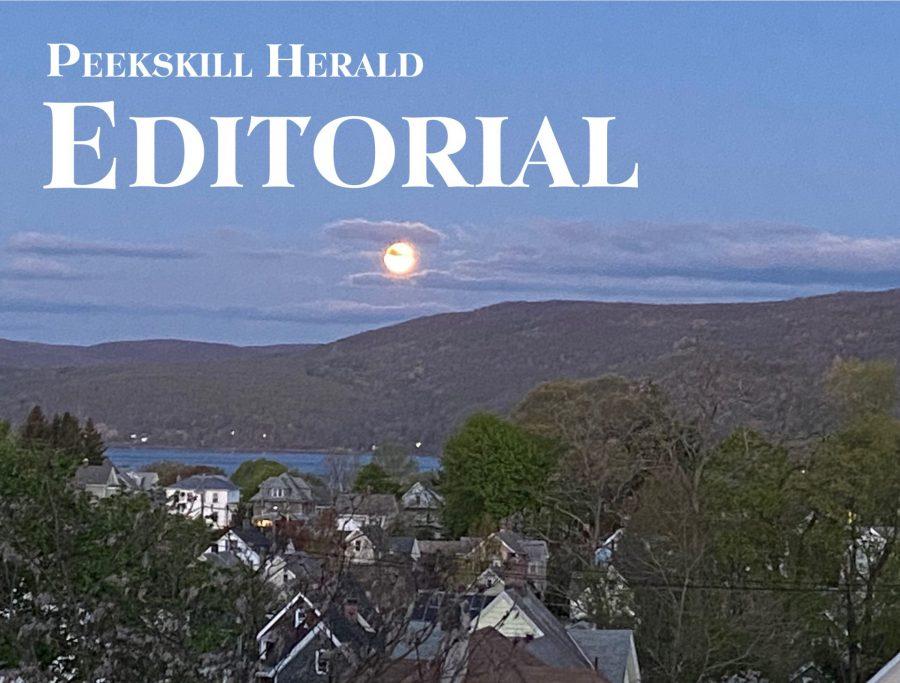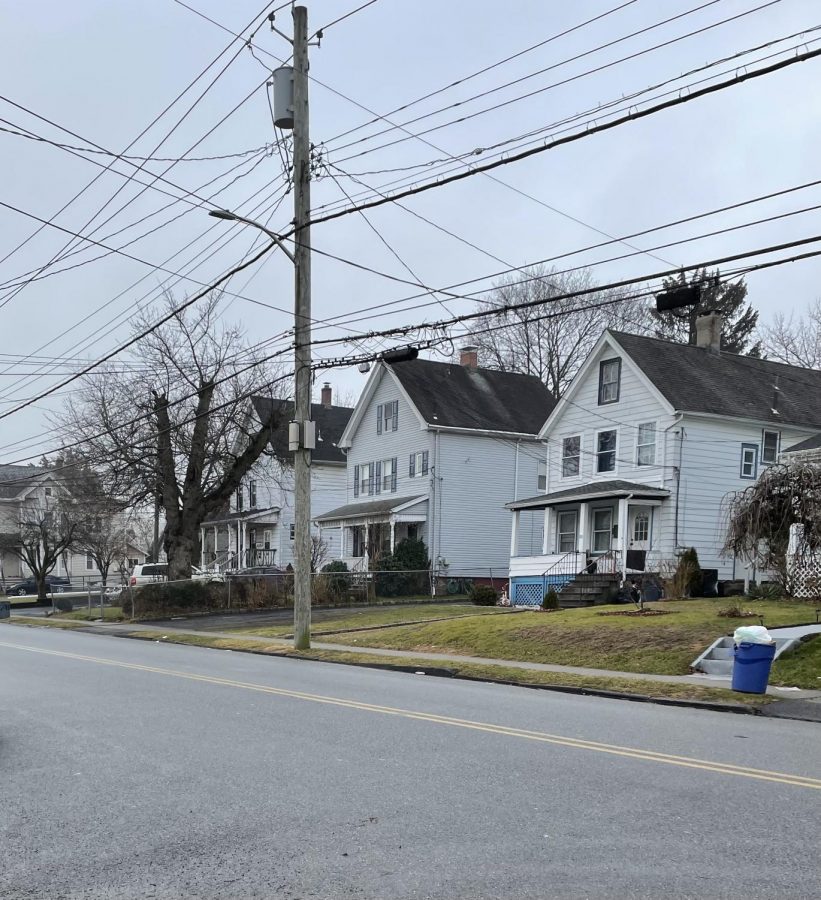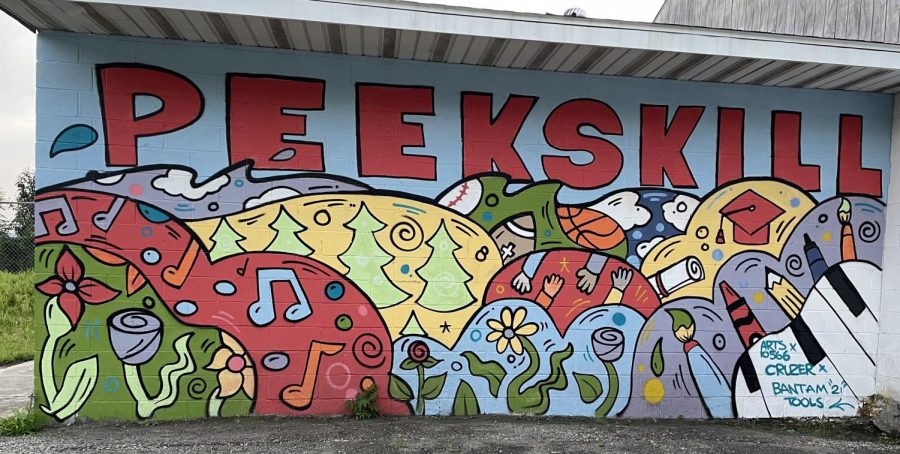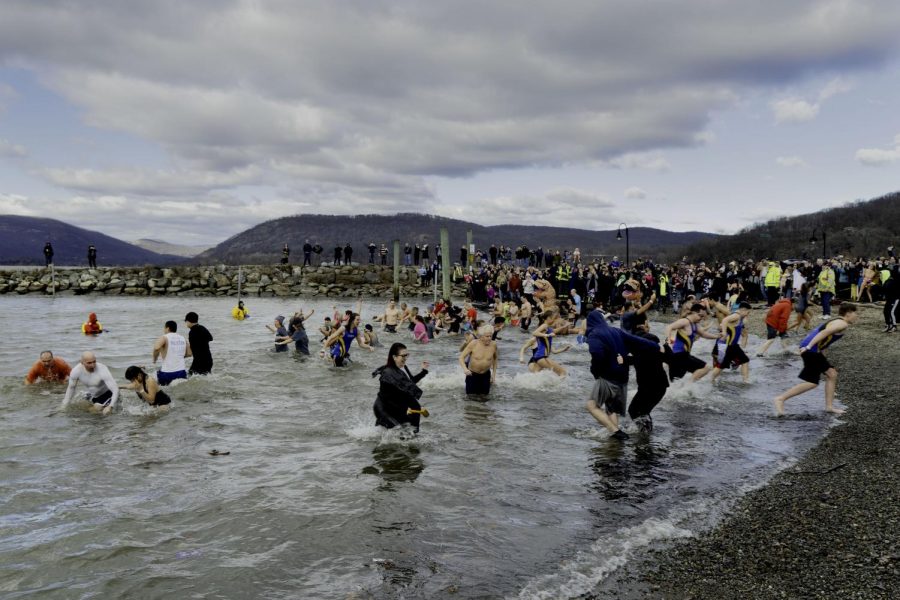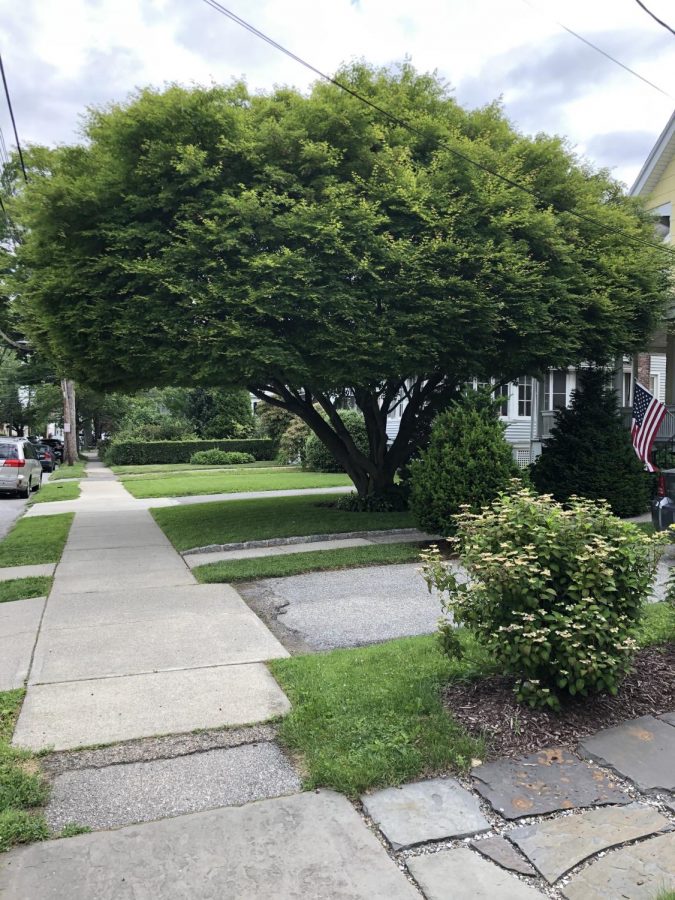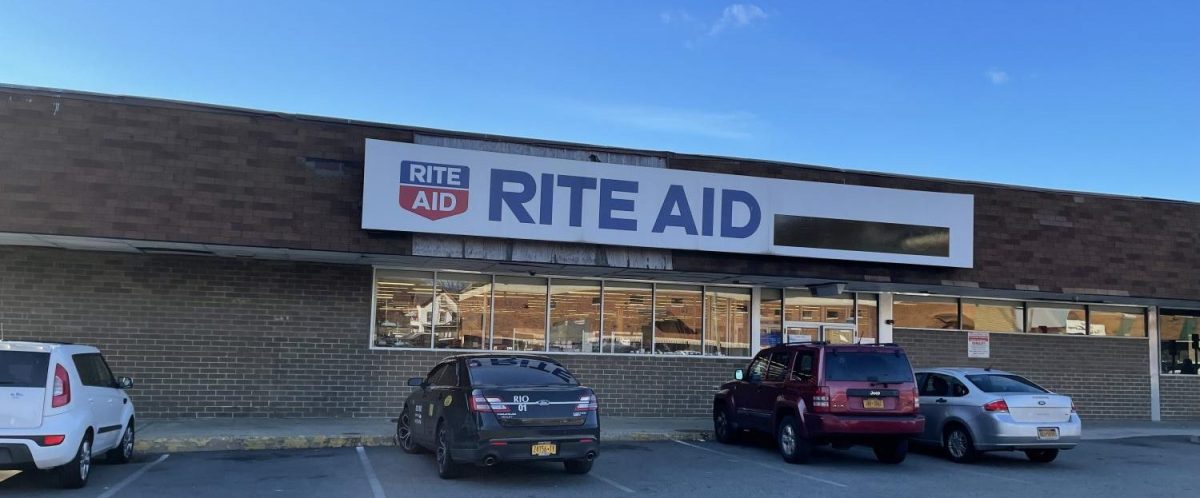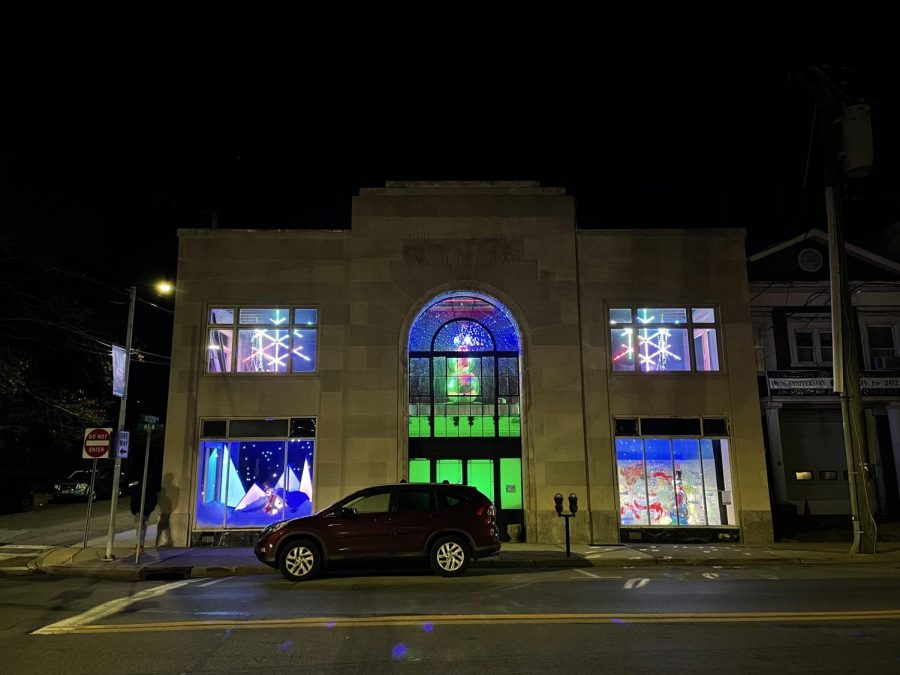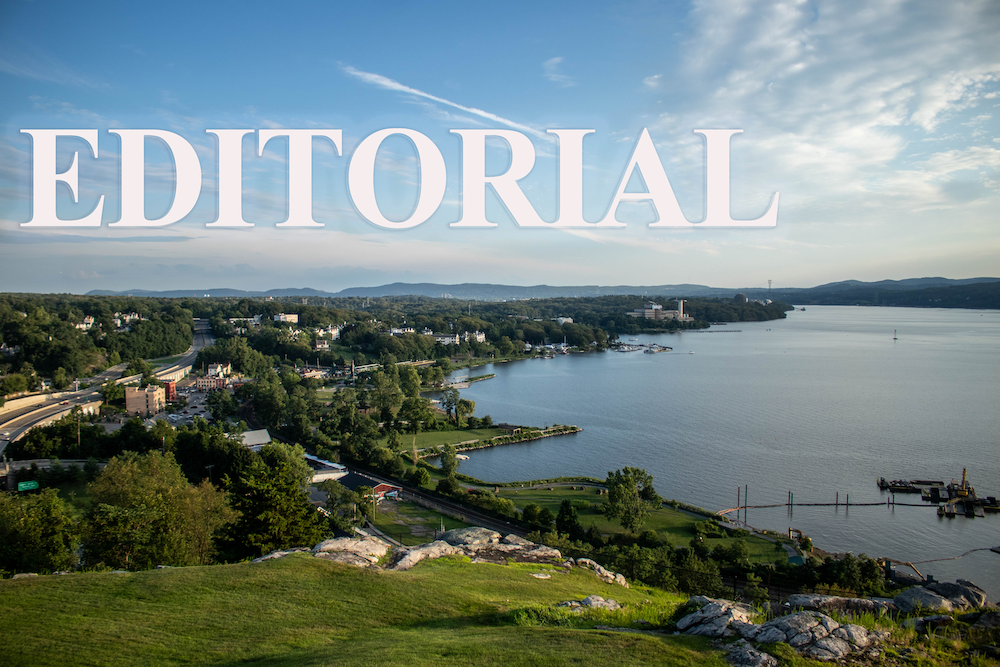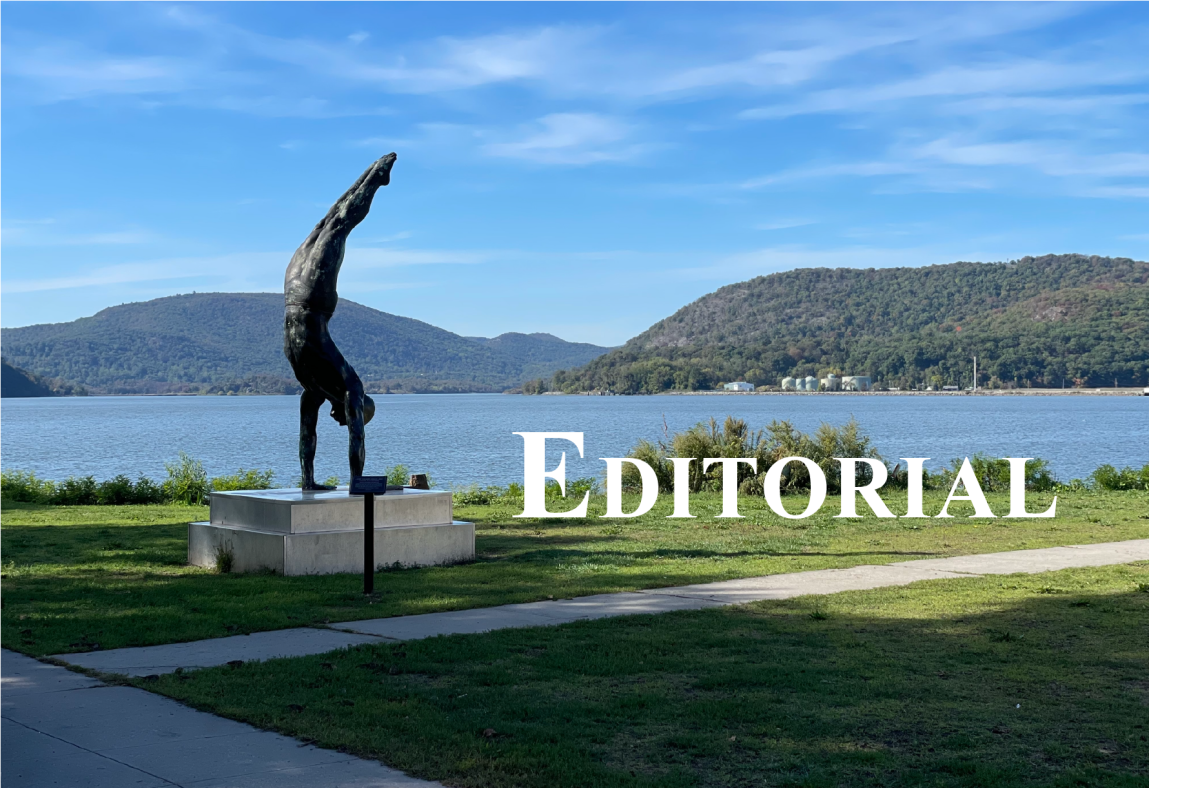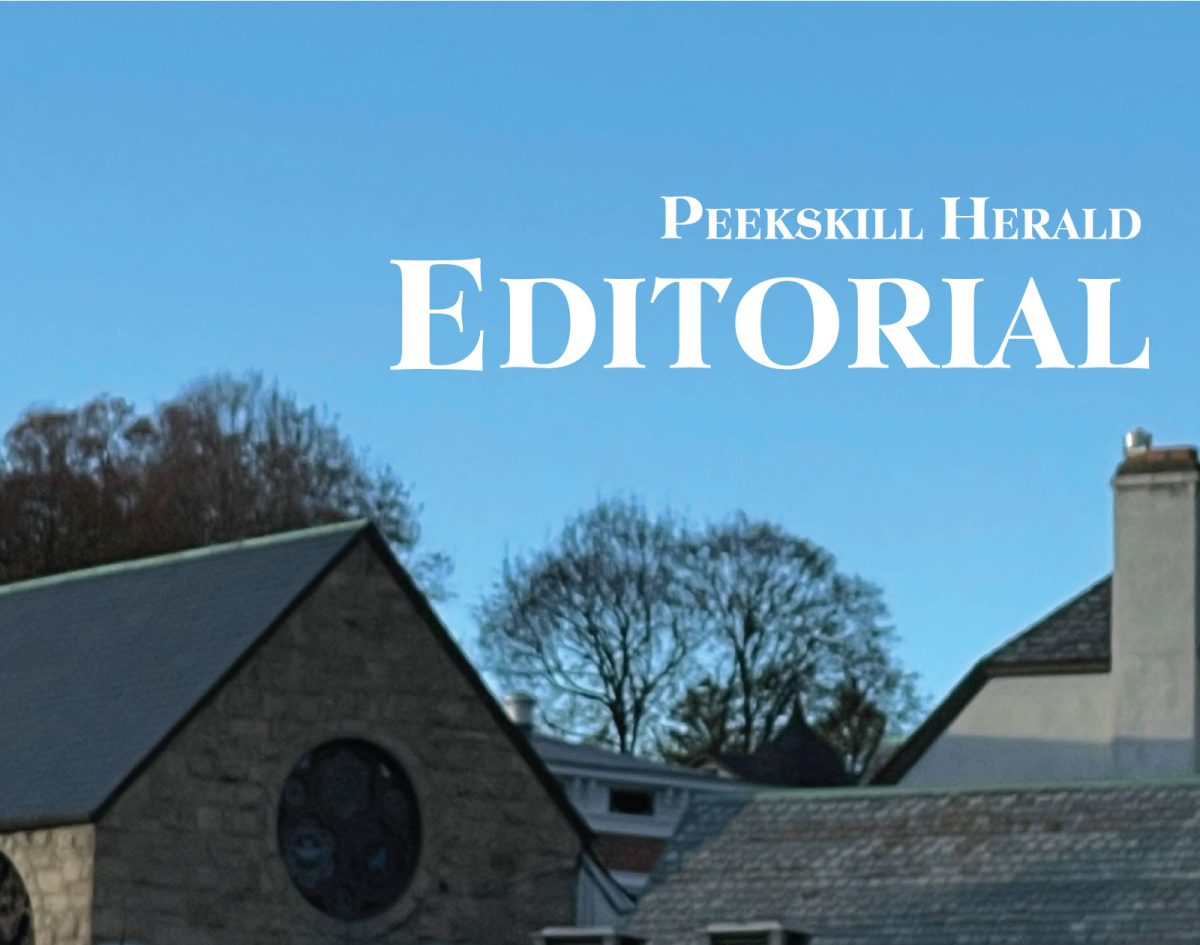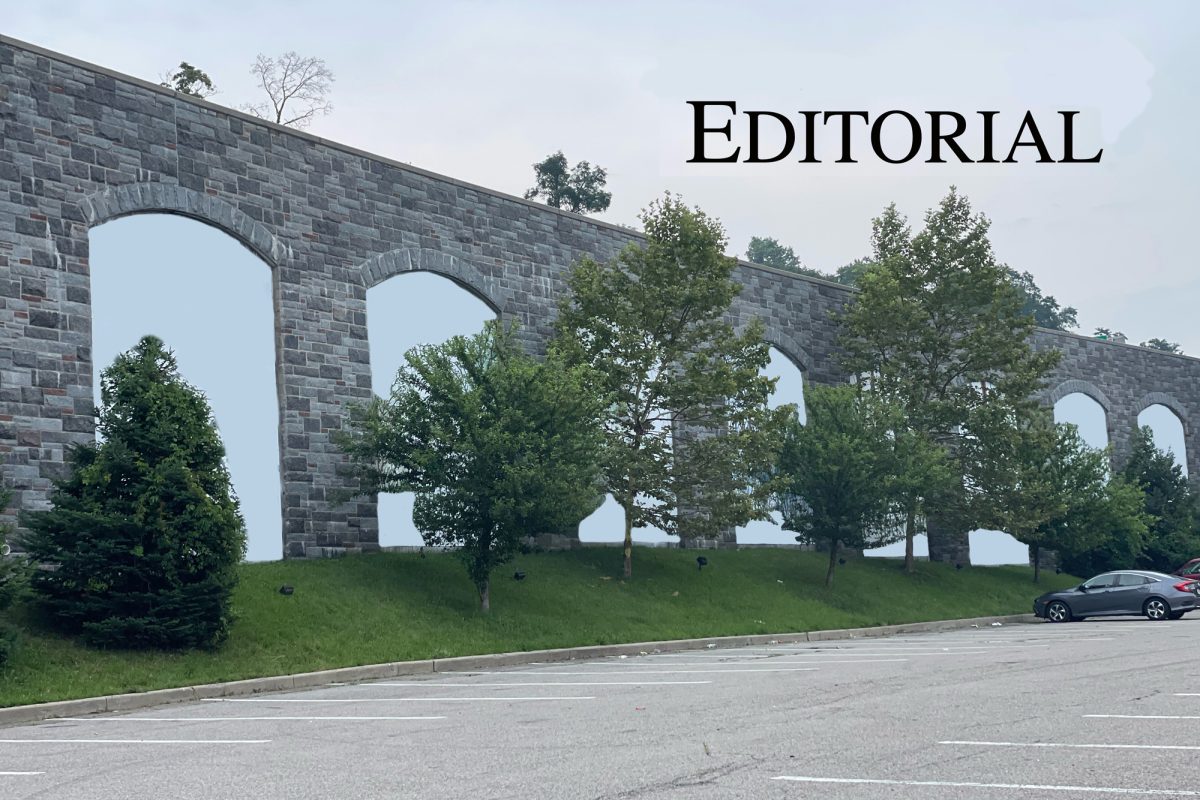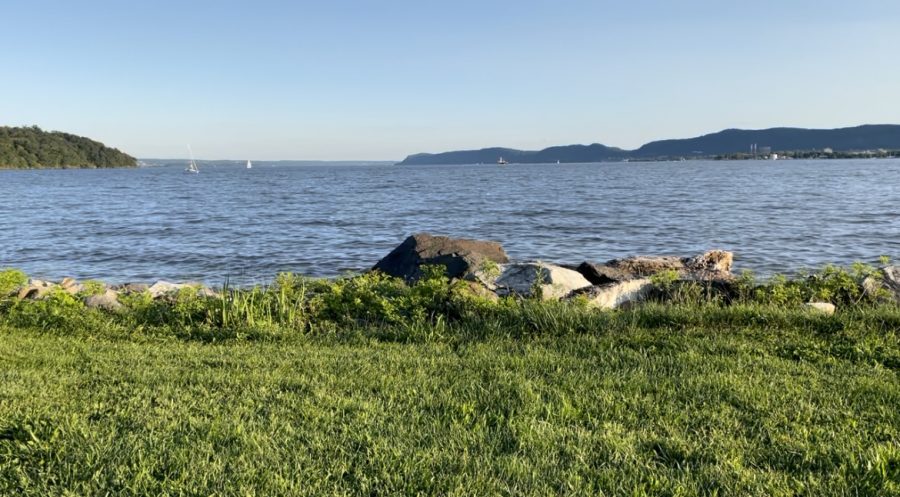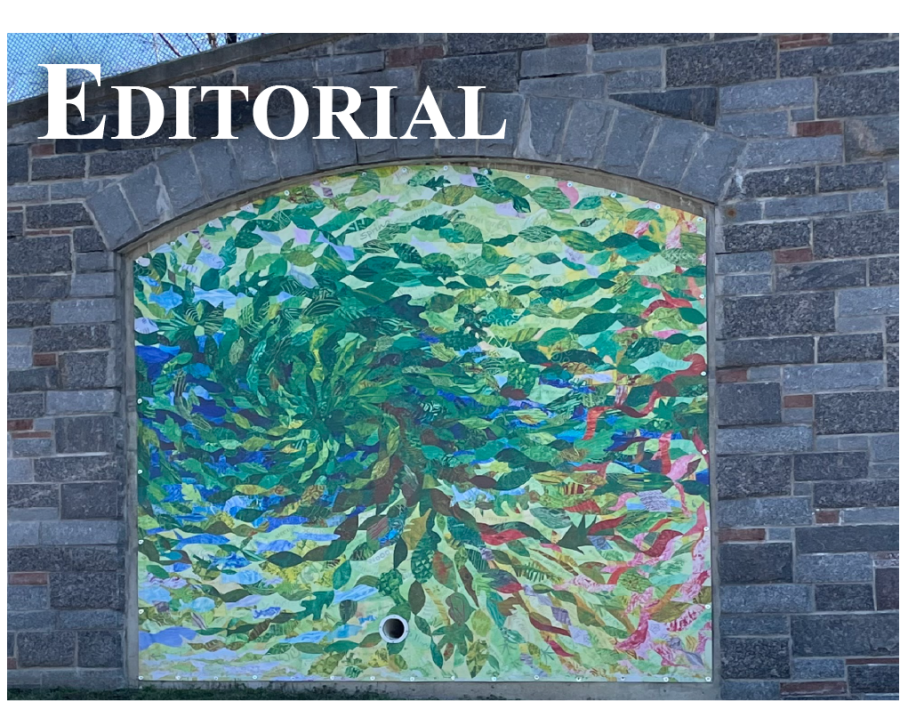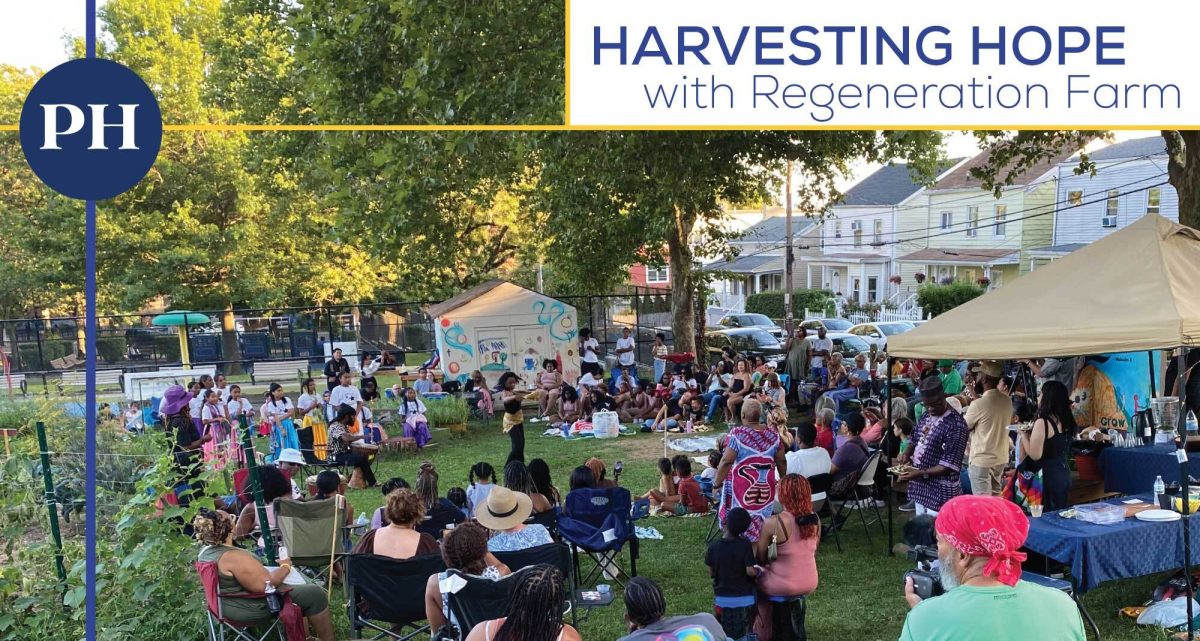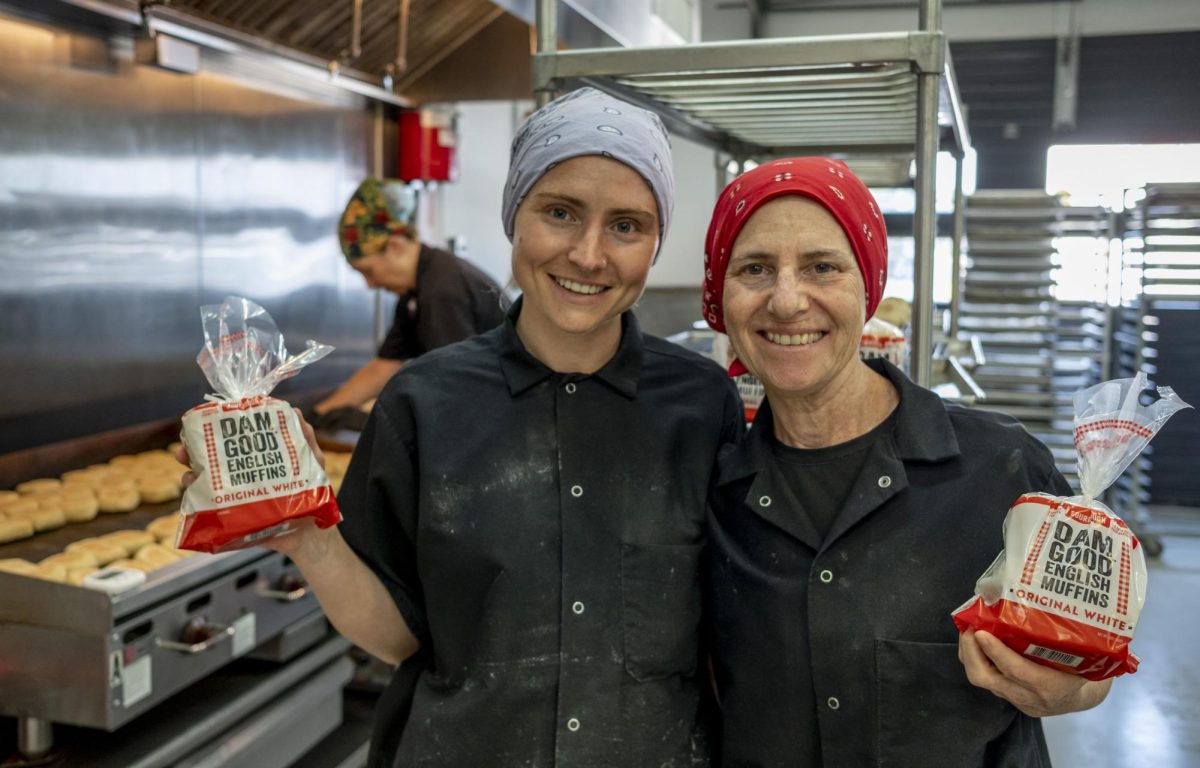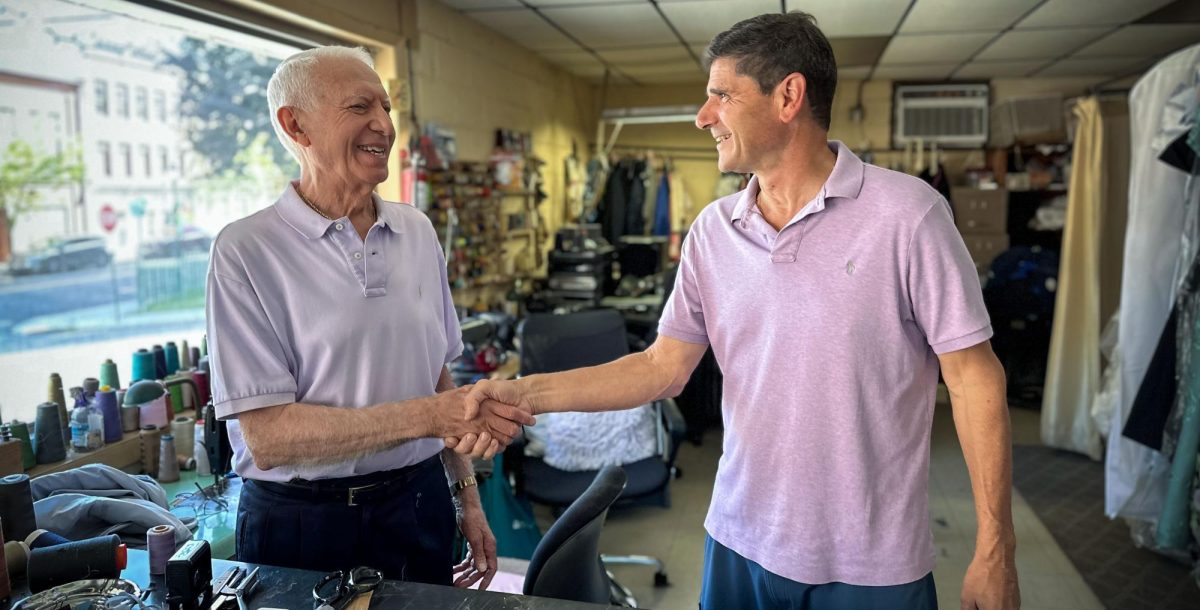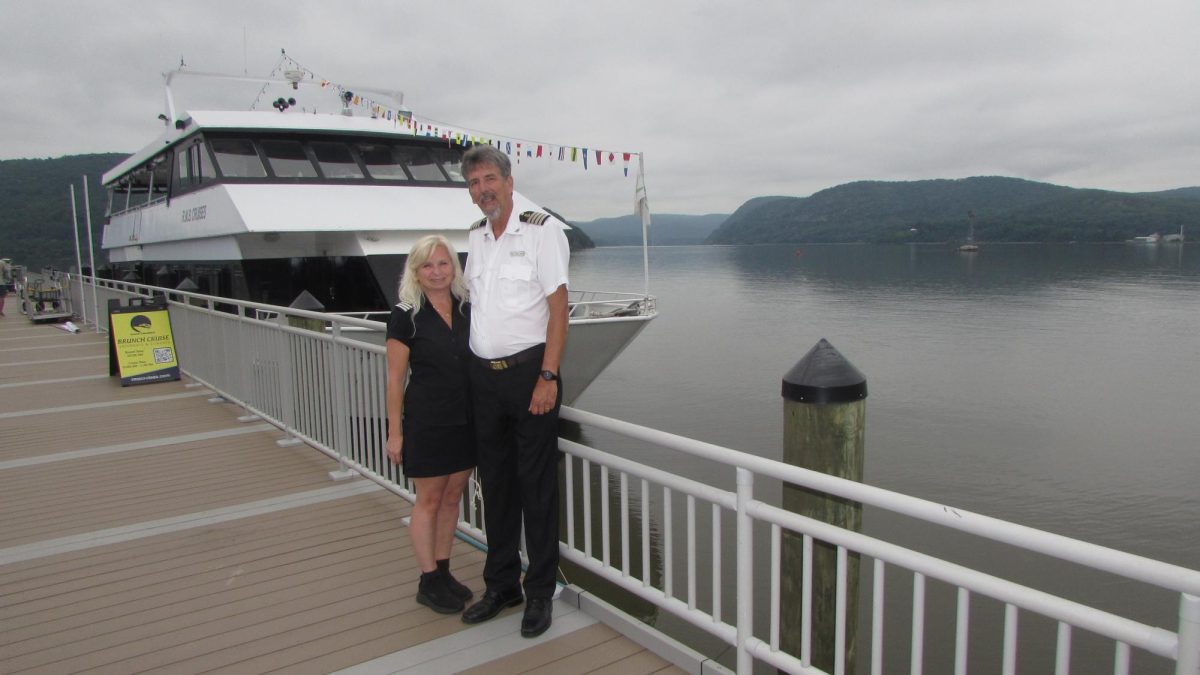Our in-depth and explanatory reporting of the past three weeks around Westchester’s trash dilemma and how Peekskill became a key player in creating a solution illustrates what happens when citizens collaboratively work within the parameters of government. The county was pushed to seek an alternative to burying its trash by groups of residents filing lawsuits. It was the federal government that forced the county into finding a different solution.
Publishing our stories around Earth Day brings to consciousness the work remaining to be done if we are going to contribute to reducing our carbon footprint on this earth that is in danger of dire, irreversible damage. The enormity of facts and data about climate change can be as overwhelming as the tonnage of municipal solid waste, as our garbage is called. What is clear is the need for awareness, knowledge and commitment on the part of everyone to do something.
Knowledge is crucial if we are going to make thoughtful choices and take meaningful actions. The ingenuity and creativity that went into the creation of the Carbon Tracker app is one example of what can be done to help stem the tide of feeling overwhelmed. We count our steps to make sure we get the proper exercise. We count calories to make sure we are eating nutritionally. We need to know how much we are contributing to greenhouse gases that are destroying our atmosphere. When we know the amount of carbon we are contributing, we can make intelligent decisions about travel, heating our homes, commuting, and other areas.
A radical rearrangement of our thinking about garbage is essential. The invention of plastic and its rapid expansion was fueled by a growing consumption-oriented middle class. And herein lies the problem: the consumer model that runs on more, more, more. It’s that “consumption at any cost” thinking that has to shift. It was Albert Einstein who said no problem can be solved by the same level of thinking that created it. What is the new level of thinking that is required to solve the problem of our trash? Teaching children and living by the 3 R’s, (reduce, reuse, recycle) is one way to force the old model of consumption into obsolescence. Because we live in a consumer society, we, the consumer, have the power to shift the thinking. When we intentionally choose where we spend our money, companies respond to the demands of the market. It was unfathomable decades ago for supermarkets to carry plant based ‘meat’ or ‘gluten-free’ bread. When consumers demand ecologically sound trash disposal, companies are forced to respond.
Educating and shifting thinking doesn’t happen overnight. Because we live in an increasingly visual world, often saturated with images from the screens that are pervasive and demand our attention, visual literacy can help. Peekskill is a community that understands the value and worth of art. One of the purposes of art is to convey aesthetically the realities we may not easily grasp. The artist is instrumental in bringing to the collective consciousness changes that need to take root for society to progress.
What Peekskill artist Carol Wax conveys in her Turner of the Century painting contrasts the Hudson Valley scenery captured by the camera with her experience of living and working in this area. Billowing smoke from the Wheelabrator plant reminded her of the artist J.M.W. Turner’s 1839 atmospheric painting, The Fighting Temeraire depicting an outdated tall-masted warship towed to its graveyard by a smoke-belching tug. Turner’s painting was a nod to the ending of the era of the wind-powered ships and acknowledgement of the future powered by steam.

Wax’s vivid painting is a clarion call for us to reimagine the view of the garbage-burning plant on our waterfront. In a 21st century riff on the industrial revolution that saw us desecrate our earth, emerging wind, soil and solar powered technologies make us think beyond what’s in front of us.
As it was in the 1970’s, when citizens were outraged enough to do something as they saw trash buried in a landfill adjacent to the Hudson River, so too, it is today with the awareness of how burning trash on the banks of the same river puts toxins in the air and ground. As the sun sets on problematic industrial solutions, it is the natural energy of the earth’s wind, soil and solar rays that will power the creation of newer, safer paradigms.
April 29, 2021
More to Discover


